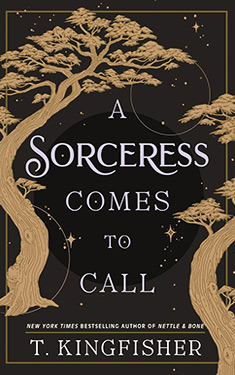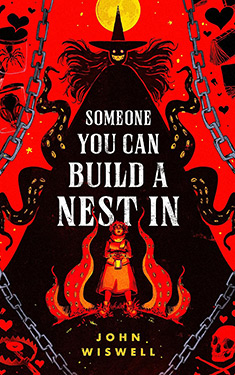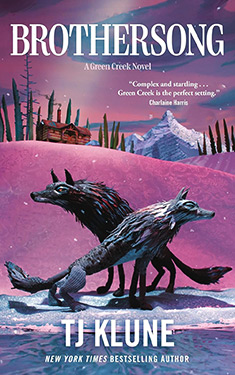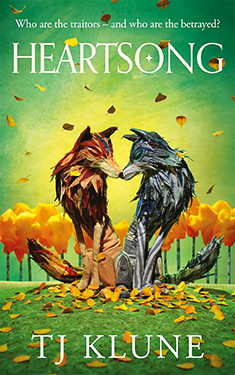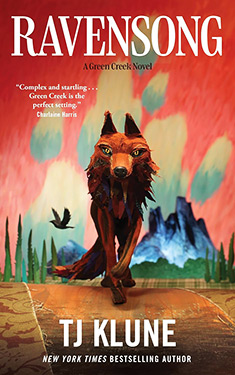T. Kingfisher
Completed 3/31/2025, Reviewed 3/31/2025
5 stars
This was an amazing book. My reason for calling it such is not because of the plot or the world building or anything else technical about the book. It’s because it so perfectly described the inner working of an abused child. Cordelia, one of the two main characters, is a fourteen-year-old girl whose sorceress mother has a severe case of narcissistic personality disorder. Cordelia is just an appendage of Evangeline. She controls her through a spell of obedience and doesn’t allow her to lock her bedroom door. Evangeline even causes Cordelia to hurt herself, with the classic lie, “It’s going to hurt me more than it hurts you.” While it makes for a difficult read, the emotions are real, and that makes this pseudo-regency fantasy that much more profound. This is a nominee for the 2024 Nebula. Unlike Kingfisher’s 2023 Hugo winner, Nettle and Bone, “Sorceress” is a much more worthy nominee for either award. I place this just slightly below Someone You Can Build a Nest In for my choice for the Nebula.
The story takes place as Cordelia turns fourteen. It begins with a gruesome example of the obedience spell where Cordelia and Evangeline are in church while the daughter is under the spell. A fly annoys her but she is powerless to do anything to shoo it away since the spell has total control over her body. I immediately bonded with her, hoping she would find a way to break out of her mother’s control. Cordelia has only one friend whom she met while riding her mother’s horse, Falada. The horse is Evangeline’s familiar. One day, Evangeline announces she is going to be married and will do her best to marry Cordelia into money as well. The mother finds a way to move into the house of Samuel and his sister Hester, where she proceeds to manipulate Samuel into falling in love with her. In the meantime, Cordelia lets Hester and a few other ladies in on the fact that Evangeline is a sorceress. Together, they try to find a way to stop Evangeline from carrying out her plan which seems to grow more nefarious as time goes on.
Besides Cordelia, Hester is the other main character. The story is told in third person from both their perspectives. At first it was a little tough to follow, but quickly came together. Hester is a spinster, having refused engagement to the love of her life, Richard Evermore. She lives with Samuel on their large estate. She’s a rather salty older woman. In fact, when she invites several other ladies to a party at the estate, I could imagine the ladies being played by Maggie Smith, Judi Dench, and a few other grand dames of English film, sitting around, playing cards, throwing shade at each other. Hester, and her friends as well, are that well developed. Samuel is rather bumbling and Evermore is typically too polite as an older English gentleman would be.
Evangeline is perfectly nefarious in her behavior toward Cordelia and full of contempt for anyone who might stand in her way. She’s a three-dimensional character, occasionally showing some humanity and weakness. Lastly, Alice, Cordelia’s maid in Samuel and Hester’s house, is delightfully normal. She surprises Cordelia, and us, with her friendliness, care, and spunk. The family butler also has some personality up his sleeve. He surprises you, especially during the buildup to the climax.
The prose, as in all of Kingfisher’s books I’ve read, is beautiful. The details make the characters come alive and the world building thorough. It’s the little things, like Imogene’s obsessive card playing, that signify the strength of the prose without seeming flowery or filler. I give this book an enthusiastic five stars out of five. The depth of emotions is profound, wrenching my insides throughout the book. I was glad this book was short because I don’t think I could have handled the intensity lasting longer than it did. So this is another book that may not be for all readers if you have triggers by reading about an abused teen. On the other hand, there is redemption, as a good story would have. It’s just getting there that may be difficult, unless like me, the pacing grabs you carries you through to the end.
